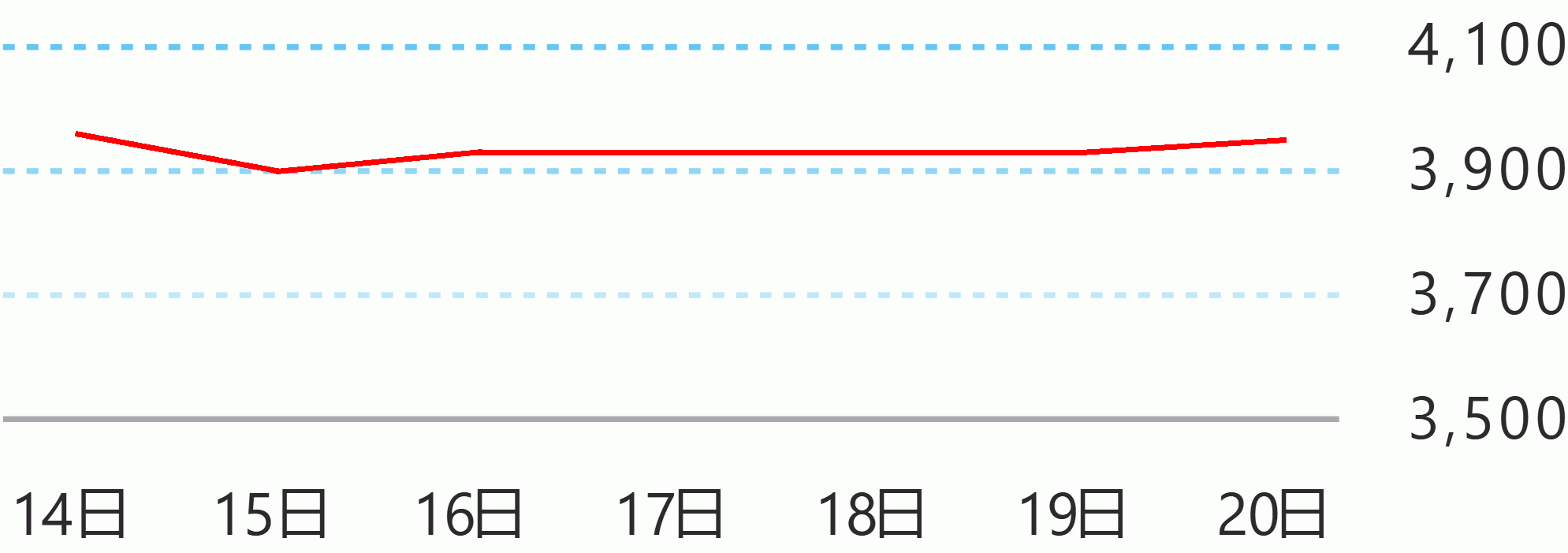The Supreme Court, during its en banc deliberations on Tuesday, April 18, issued a writ of kalikasan in the case of G.R. No. 263565 (Magsasaka at Siyentipiko Para sa Pag-Unlad ng Agrikultura, et al. v. Secretary of the Department of Agriculture, et. al.) which sought to stop the commercial release of genetically modified rice and eggplant products.
The Court required the respondents Secretary of the Department of Agriculture, the Secretary of the Department of Environment and Natural Resources, the Secretary of the Department of Health, the Director of the Bureau of Plant Industry of the Department of Agriculture, the Philippine Rice Research Institute, and University of the Philippines ? Los Banos (UPLB) to file a verified return within 10 days from service.
On October 12, 2022, petitioners, led by Magasasaka at Siyentipiko Para sa Pag-Unlad ng Agrikultura (Masipag), filed a petition for Writ of Kalikasan and continuing mandamus (with prayer for issuance of temporary environmental protection order) before the Supreme Court seeking the issuance of a Temporary Environmental Protection Order (TEPO) directing respondents Department of Agriculture (DA) to (a) refrain from commercially propagating Golden Rice and issuing biosafety permits for commercial propagation of Bt Eggplant; (b) cease and desist from commercially propagating Golden Rice and Bt Eggplant until such time that proof of safety and compliance with legal requirements is shown; (c) declare all biosafety permits for Golden Rice and Bt Eggplant null and void; and (d) perform independent risks and impact assessments, obtain the prior and informed consent of farmers and indigenous peoples, and implement liability mechanisms in case of damage, as required by law.
Petitioners alleged, among others, that both Golden Rice and Bacillus thuringiensis Eggplant (Bt Eggplant) are genetically modified organisms.
They claimed that Golden Rice, which is patented to Syngenta, a transnational agrochemical corporation, is a rice that has been modified by inserting a gene from maize and a gene from bacteria found in soil which allows the plant to biosynthesize beta-carotene in the edible parts of rice.
They also argued that Bt Eggplant was designed so that the plant would produce its own toxin, to kill the fruit and shoot borer which is one of several common pests that consume and damage eggplants.
The Supreme Court Public Information Office will upload a copy of the ruling once it receives a copy of the same from the en banc office of the Clerk of Court. SC PIO





 English
English










